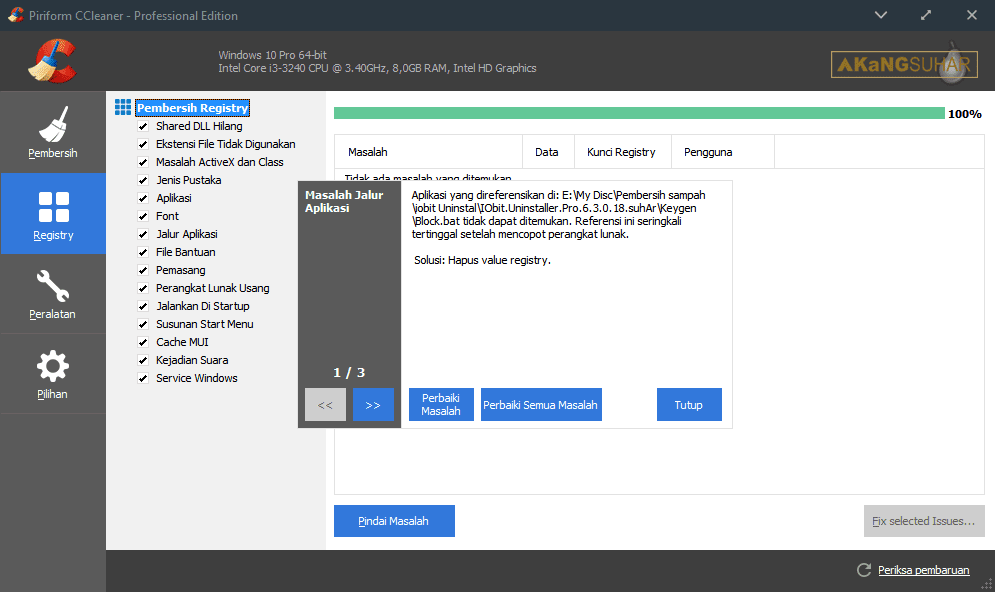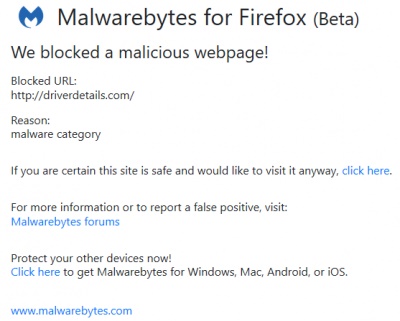
- #Malwarebytes extension install
- #Malwarebytes extension code
- #Malwarebytes extension Pc
- #Malwarebytes extension download
It’s one of those bugs that Avast, a security company, should have caught before shipping it to users. “At least get an intern to skim your before shipping it,” tweeted Ormandy after discovering the problem.
#Malwarebytes extension code
For example, Avast’s SSL-interception code contained an easily exploitable security hole that could be used by a malicious server. This feature is generally just an option in the antivirus program itself, and not part of a browser extension, but it’s worth discussing all the same. The MalwareBytes blog explained avast!’s behavior here. These work an awful lot like Superfish, replacing certificates with the antivirus’s own. To get around this limitation, some antivirus programs effectively perform a “man-in-the-middle” attack so they can monitor what’s actually going on over an encrypted connection. After all, that’s the point of encryption–to keep that traffic private. Antivirus programs often want to monitor all your network traffic and inspect it, but they can’t normally see what’s happening inside an encrypted connection, like the one you use to access your email, or bank, or Facebook. Any form of browser integration can create security holes. 1zA1E0qnuoĮxtensions are just part of the problem.
#Malwarebytes extension download
Close MBAM and download the mbam-clean.exe tool from Malwarebytes’ site (the download will start immediately as you click the button). Srsly Avast? If you're gonna mitm chrome's SSL at least get an intern to skim your X.509 parsing before shipping it. Navigate to Settings > Advanced Settings and uncheck the box next to the Enable self-protection module option. It’s Not Just Browser Extensions: You Should Disable Other Browser Integrations, Too But antivirus companies clearly see their “security” extensions as an opportunity to dig deep into the browser and show you ads (or “product recommendations”), not just a way to keep you secure. In other words, Avast tracked all your web browsing and used it to show ads. Thankfully, Avast eventually removed SafePrice from its main browser extension. To do this, it assigned you a unique tracking ID and sent every single web page you visited to Avast’s servers, associated with that unique ID. This feature was enabled by default, and it displayed online shopping recommendations–in other words, ads that presumably make Avast money when you click them–as you browse.

#Malwarebytes extension install
Here’s one we’ve covered before: Avast installs an “Avast! Online Security” browser extension when you install the main security suite, and they later added a feature named “SafePrice” to the extension in an update. RELATED: Avast Antivirus Was Spying On You with Adware (Until This Week) Example 3: Avast’s Online Security Extension Once Included Ads and Tracking And when it does, McAfee and Norton can force their browser extensions on Edge users and stop redirecting them to the old-and-out-of-date-IE. But after all this, I still cannot get rid of the threat alerts from Malwarebytes.Thankfully, Microsoft Edge will soon support Chrome-style browser extensions. Finally, I chose the cancel option from the scan results page. After signing in again, the threats return. I have also tried deleting them from their original locations, which signed me out of Chrome (understandable, as Chrome uses them to sync my data). I first tried choosing the quarantine option from the software, but they return after I restart my PC.
#Malwarebytes extension Pc
But Malwarebytes, which scans my PC on a daily basis, still detects the above-mentioned files as potential threats. I somehow eliminated the "Ads by Advertise" popups by removing the "Tampermonkey" Chrome extension (as suggested by these instructions). \appdata\local\google\chrome\userdata\Default\Sync Data\SyncData.sqlite3 as "potentially unwanted programs". \appdata\local\google\chrome\userdata\Default\Web Data and. It is the world’s first browser extension that can identify and block new fake tech. In fact, you can browse up to four times faster.

It blocks trackers and malicious websites while filtering out annoying ads and other unwanted content like credit card skimmers. Subsequently I installed Malwarebytes, did a system scan, and the program identified. Malwarebytes Browser Guard gives you a safer and faster web browsing experience. The issue was specific to Chrome (it did not appear on other browsers like MS Edge or Firefox).

A few days back I faced irritating popups called "Ads by Advertise" in Google Chrome, which displays ads when certain highlighted keywords were hovered over.


 0 kommentar(er)
0 kommentar(er)
